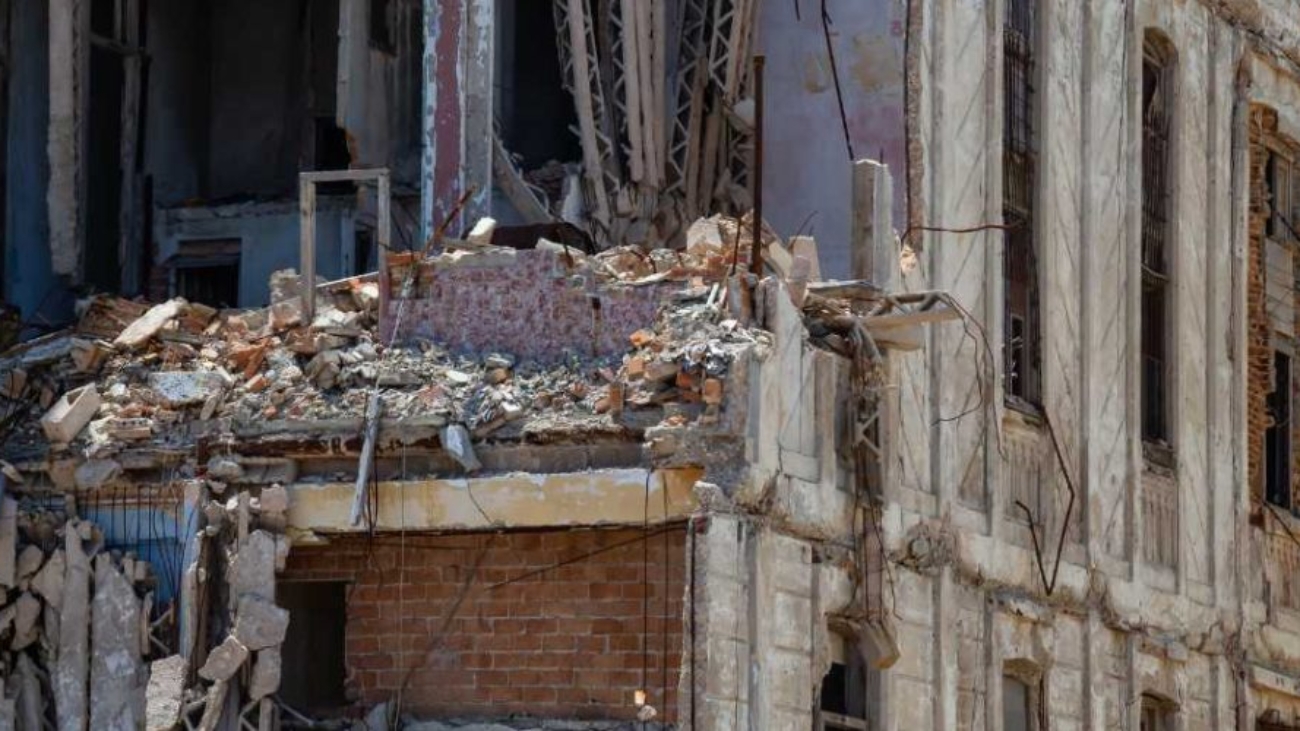Commentary: Three questions to Dr. Elie Abouaoun, SI’s MENA Senior Advisor, about the recent attack on the Iranian consulate building in Damascus and its implications
Three questions to Dr. Elie Abouaoun, SI’s MENA Senior Advisor, about the recent attack on the Iranian consulate building in Damascus and its implications
Why is this attack different?
This attack differs from its predecessors in a several ways. Firstly, the fact that it targeted an Iranian diplomatic facility in Damascus is quite meaningful. Israel is making it very apparent that it will cross any boundaries—real or imagined—when it comes to pursuing high-value targets. Furthermore, this time around, the seven officers that were killed had a different profile. Mohammad Reza Zahedi, according to Iranian media and observers, is the most senior commander of the Islamic Revolutionary Guard Corps (IRGC) in Lebanon and Syria. He was also the second most senior IRGC commander to be assassinated since Qasim Sulaimani was killed in January 2020 by an American drone attack in Baghdad. The Iranians suffered severe moral, political, and tactical losses as a result of this attack. It confirms Israel’s superior intelligence capabilities and its capacity to launch strategic strikes against vital sites and targets around the region. But Iran’s capabilities and operations in Syria and Lebanon won’t be much impacted by this assassination. The Iranians have long since come to realize that they cannot have an irreplaceable commander. To prevent operations from being disrupted, they constantly have procedures in place to fill the vacancies in commander posts.
What form of retaliation can be expected from Iran following the recent attack on the Iranian Consulate in Damascus?
Iran is more likely to adopt a multi-tiered strategy than to immediately engage in a large-scale retaliation. The first tier will probably take the form of a theatrical and highly symbolic attack reminiscent of the rocket attack on the Ain al-Asad U.S. military base in Iraq after the assassination of Qasim Sulaimani in January 2020. This will aim at restoring an appearance of strength without triggering a conventional war, which Iran perceives as disadvantageous. This is also necessary to appease certain influential Iranian politicians who have been criticizing Iran for what they see as its lax policies toward the United States and Israel, especially post October 2023.

